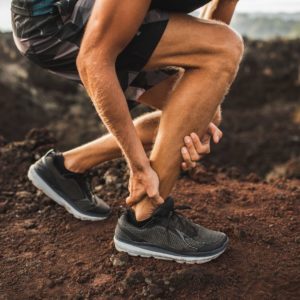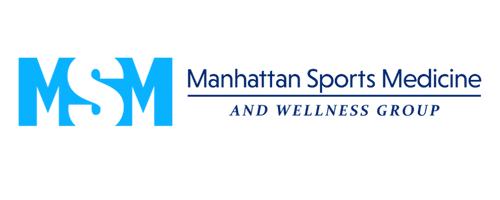What Is A Ruptured Tendon?
Have you ever felt intense pain with a snap or pop? Maybe even sudden bruising of the affected area? This injury is known as a ruptured tendon. While these are common symptoms, there are a variety of symptoms associated with a specific injury. At Manhattan Sports Medicine, we provide the best physical therapy near Rockefeller Center to ensure that you go back to your daily life.
What Is A Ruptured Tendon?
A tendon is a fibrous tissue that attaches your muscles to the bone. Intense force or pressure on your tendon is at least five times your weight causing a tendon rupture. A ruptured tendon injury often occurs in 4 common areas:
- Quadriceps – This group of muscles extends your leg when you perform activities such as running and jumping or walking. This group is located above your kneecap.
- Achilles Tendon – This tendon helps you stand on your tiptoes or push with your feet. It is located at the back of your foot.
- Rotator Cuff – This group of connected muscles to bones helps you raise your arm. It is located on the shoulder. A rotator cuff tear is one of the most common injuries.
- Biceps – This muscle helps you flex your elbow. You can get a proximal rupture (close) or distal rupture (far).
Causes Of A Ruptured Tendon?
A tendon rupture predominantly occurs in older men, especially those with certain conditions. However, younger men are also at risk if intense pressure is applied. As you get older, your blood supply decreases, causing poor blood flow. Although there are general causes such as intense trauma, age, and muscle contraction, different causes depend on the area affected. This includes:
- Achilles Tendon – Strenuous activity causes trauma, especially a fall. This affects your tiptoes and pushing your feet.
- Quadriceps – Contraction of the muscles and trauma on the knee cause a quadricep tendon rupture. This affects the extension of the leg.
- Rotator Cuff – Lifting a heavy object high up causes an outstretched hand. Therefore, intense pressure is applied. This affects moving your arm out to your sides.
- Biceps – Lifting heavy objects and forced flexing cause this rupture. This affects you from flexing your elbows and raising your arm.
Symptoms Of A Ruptured Tendon?
These causes are from general strenuous activity. It is important to know your symptoms to get proper physical therapy near Rockefeller Center. Some symptoms include:
- Intense pain
- A snap or pop feeling
- Rapid bruising
- Sudden weakness
- Inability to use the affected area, it’s best applying ice to the area.
How Can Physical Therapy Help A Ruptured Tendon?
At Manhattan Sports Medicine, our physical therapy near Rockefeller Center will help you manage your injury to learn how to gain proper function back. We will make a proper diagnosis based on physical examination through imaging such as X-rays and MRI. Depending on the area affected, we will determine what specific tests are done.
A specific physical therapy program will fit your required needs. It is important to be as mobile as you can. Some forms of treatment include: The Achilles tendon, quadriceps, and rotator cuff can heal without surgery.
- Achilles tendon – Holding the affected area in place is important so that the sole of your foot is pointed downward.
- Quadriceps – Partial tears of the quadricep can be treated without surgery by the area being put in a cast. Physical therapy might include exercises like quad sets and flexing your knees.
- Rotator Cuff – If surgery is needed, with a complete tear the dead tissue is removed. However, shoulder muscles will be strengthened by exercise.
- Biceps – Range of motion activities are also taken into consideration.
MSM – Physical Therapy Near Rockefeller Center
Taking care of your injuries is imperative as the risk of further damage is higher, especially with older age. At Manhattan Sports Medicine, we guarantee proper treatment to help you gain your life back. Contact us to schedule your physical therapy near Rockefeller Center.
